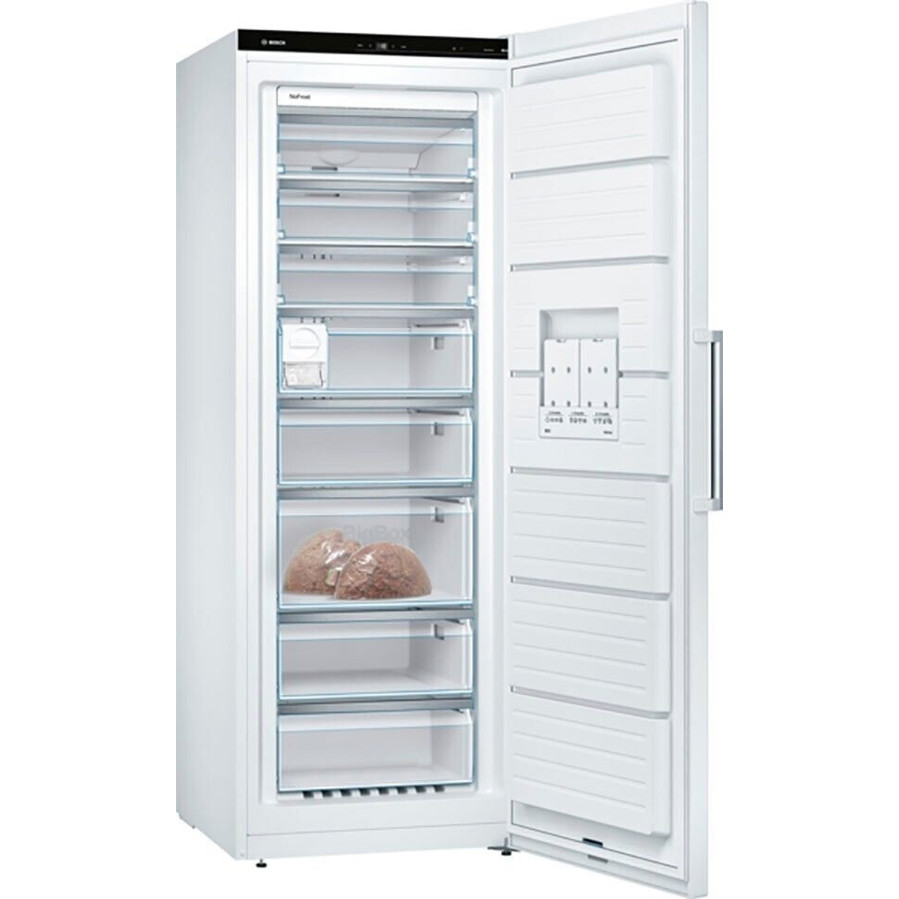The Three Greatest Moments In Freezer Energy Efficiency Class C Histor…
페이지 정보
작성자 Rae 작성일 25-11-18 10:39 조회 3 댓글 0본문
Understanding Freezer Energy Efficiency Class C: What You Need to Know
In today's environmentally conscious world, energy efficiency has acquired substantial importance amongst customers and makers alike. When it comes to household appliances, a freezer's energy efficiency score can substantially impact energy consumption and utility bills. This post will check out Freezer Energy Efficiency Class C-- what it means, how it compares to other classes, and ideas on how to improve energy efficiency in freezers.
What Does Energy Efficiency Class C Mean?
Energy efficiency classes are standardized ratings that show how much energy a home appliance consumes relative to its output or efficiency. These classes range from A to G, with A being the most effective and G the least.
Freezers with an Energy Efficiency Class C ranking are thought about average in terms of energy intake. They aren't the most efficient choices readily available, but they frequently cost less than higher-rated models.
Energy Efficiency Classes
| Energy Class | Description |
|---|---|
| A+++ | Extremely effective |
| A++ | Very effective |
| A+ | Efficient |
| A | Moderate efficiency |
| B | Below par |
| C | Typical |
| D | Below typical |
| E | Poor |
| F | Very poor |
| G | Extremely poor |
Key Characteristics of Class C Freezers
Energy Consumption: Class C freezers usually take in more electricity compared to their more efficient counterparts. This means that while they might be less expensive to acquire, it may cost more to run them with time.
Preliminary Cost: Freezers with a Class C score often have lower upfront costs, making them attractive for budget-conscious customers.
Size and Capacity: Class C designs can come in numerous sizes, from compact units to larger chest freezers. This variability allows consumers to select a design that fits their needs without jeopardizing on cost.
Cooling Technology: Many Class C freezers use conventional cooling techniques rather than sophisticated technologies found in higher-rated designs. As a result, their cooling efficiency might not be as consistent.
Advantages and disadvantages of Class C Freezers
Pros:
Affordability: Generally, Class C freezers have lower preliminary costs compared to higher-rated models, making them accessible for consumers on a spending plan.
Sufficient for Average Use: For households that don't often use a freezer or shop large amounts of food, a Class C freezer might provide adequate efficiency.
Simpler Features: Many Class C models focus on standard functionalities, do not have complex features, and are typically simpler to use.
Cons:
Higher Energy Costs: The continuous energy intake can lead to greater utility costs, negating the savings from the lower purchase price.
Ecological Impact: Less energy-efficient appliances add to higher carbon footprints, which can be an issue for Freistehende Kühl-Gefrier-Kombination No Frost Edelstahl Kaufen 70 Cm Breit (Jslt28.com) environmentally mindful consumers.
Minimal Longevity: Freistehende Kühl-Gefrier-Kombination No Frost Edelstahl Kaufen Class C units might not last as long as more efficient designs, causing more regular replacements and increased waste.
Tips for Improving the Energy Efficiency of Class C Freezers
Correct Location: Place the freezer in a cool, well-ventilated location away from direct sunlight and heat sources like ovens and dishwashers.
Temperature Settings: Set the freezer temperature to optimum levels (usually around -18 ° C or 0 ° F )to ensure efficient operation

. Keep It Full: A full freezer runs more efficiently than an empty one. If you do not have adequate food to fill it, think about utilizing ice packs or containers of water to inhabit area.
Regular Maintenance: Clean the coils and gasket seals routinely to make sure the freezer operates effectively and doesn't need to work more difficult than required.
Lessen Opening the Door: Each time the freezer door is opened, cold air leaves. Lessen door openings, and try to get items rapidly.
FAQs About Freezer Energy Efficiency Class C
1. How does a Class C freezer compare to Classes A and B?
Class C freezers are less energy-efficient than Classes A and B. They consume more electricity and refrigerator With ice cube dispenser offer generally cost more to run over time.
2. Is it worth buying a Class C freezer?
If you're on a budget and don't need high energy efficiency for Side By Side KüHlschrank Schwarz Mit Wasserspender Und EiswüRfelbereiter sporadic use, a Class C freezer may be an ideal choice. However, consider long-lasting energy costs before acquiring.
3. Can I upgrade a Class C freezer for much better efficiency?
Yes, enhancing energy efficiency can be practical through appropriate upkeep, mindful use, and by following advised functional practices.
4. What is the typical lifespan of a Class C freezer?
The lifespan of a Class C freezer is typically between 10 to 15 years, depending upon use, brand, and upkeep.
5. Will a greater energy class conserve me cash?
For the most part, purchasing a higher energy class freezer (A or A+) can lead to savings on energy costs, offsetting the initial purchase expense in time.
Freezer Energy Efficiency Class C is a feasible choice for numerous consumers. While they might do not have the energy efficiency of higher-rated models, their affordability and sufficient efficiency make them a prospective choice for budget-conscious families. By understanding energy classes, customers can make educated decisions and take steps to improve the efficiency of their appliances, leading to both savings and responsible energy use. As the world moves towards greener solutions, considering energy-efficient appliances in our homes becomes more vital than ever.
- 이전글 7 Reasons Why You Are Still An Amateur At Tungsten Rings
- 다음글 The Most Innovative Things That Are Happening With Range Rover Car Key Replacement
댓글목록 0
등록된 댓글이 없습니다.


